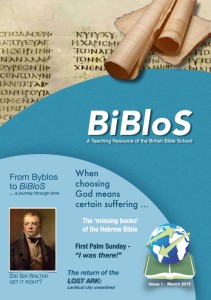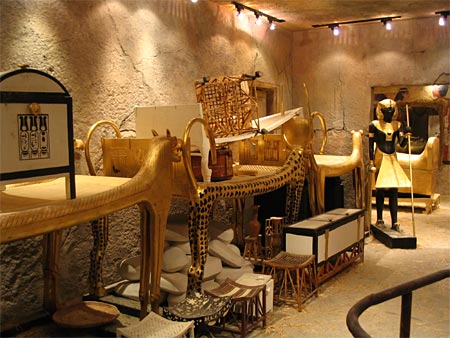“By faith Moses, when he had grown up, refused to be known as the son of Pharaoh’s daughter.” (Hebrews 11:24, NIV)
Few would deny that Moses ranks as one of the greatest men of Old Testament times. His shadow falls across 1,500 years of Hebrew history, and his presence pervades the New Testament also. Yet we would probably know nothing of him had he not made a crucial choice for God and His people.
The story of Moses begins with the faith of godly parents who would not let him be killed at birth (Hebrews 11:23). Instead, his mother initiated a series of events that led him to be adopted as “the son of Pharaoh’s daughter,” with her as his nursemaid (Exodus 2:1-10). He was educated in all the wisdom of the Egyptians and was powerful in speech and action” (Acts 7:22). Furthermore, he had access to “the treasures of Egypt” (Hebrews 11:26).
Despite these advantages, Moses could not ignore the fact that he was a Hebrew, and the time came for a choice with life-changing consequences. “When Moses was forty years old, he decided to visit his fellow Israelites” (Acts 7:23). The writer of Hebrews adds to the story: “By faith Moses, when he had grown up, refused to be known as the son of Pharaoh’s daughter. He chose to be mistreated along with the people of God rather than to enjoy the pleasures of sin for a short time. He regarded disgrace for the sake of Christ as of greater value than the treasures of Egypt, because he was looking ahead to his reward” (Hebrews 11:24-26).
After killing an Egyptian taskmaster to protect a fellow Hebrew, he then intervened in a dispute between two other Israelites but was rebuffed. Moses then realised the death of the Egyptian was not a secret, and the Israelites were unwilling to accept him as their deliverer from slavery (Acts 7:24-28). In fear he fled the country and exchanged the court of Egypt for the life of a lowly shepherd. Then, at the age of eighty, God called Moses to deliver Israel out of Egyptian slavery and lead them to the Promised Land of Canaan (Acts 7:29-36).
The choice of Moses to leave his comfortable life as an Egyptian for one of hardship with God’s people has important lessons for us:
We can overcome our upbringing. No matter how a person is brought up, he or she can still choose God’s path. Neither advantage nor disadvantage bars us from His service.
It is noble to suffer for God’s cause. The nobility and power of the Egyptian court was nothing compared to the glory Moses found in God’s service. We find true nobility serving the King of Kings.
The pleasures of sin are temporary. Do not be seduced by the passing pleasures of sin. Nothing is worth missing the joy of God’s Kingdom!
Mitch Vick
 This article is from BiBloS, a teaching resource of the British Bible School. To read more articles or download the whole of Issue 1, click here.
This article is from BiBloS, a teaching resource of the British Bible School. To read more articles or download the whole of Issue 1, click here.

